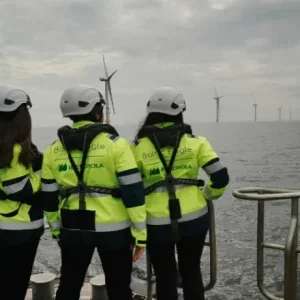Ministers representing the federal and state governments have agreed last week to phase out the electronic hot water heaters from 2010 and ban traditional incandescent light bulbs from November 2009.
However, a proposal to introduce mandatory fuel-efficiency targets has been delayed following the intense lobbying from the country’s automotive industry, which is arguing that any targets should only be voluntary. The government has agreed to conduct a study for the merits of mandatory and voluntary targets.
Australia’s relatively slow take-up of the energy efficiency initiatives has frustrated the green groups, and many within the property development industry.
Bob Brown, the leader of the Greens Party, said Australia’s progress had been hopelessly slow, and criticised the decision to further delay fuel-efficiency standards as another example of foot-dragging from legislators. We do not need another study … we need to act, he said.
John Connor, the head of the Climate Institute, an industry lobbying group, said that the governments were waking up to the potential economic benefits that would arise from improved energy efficiency, but he agreed that progress remained slow. Australia is getting there but not cracking the hard nuts on what could be gained, he observed.
The institute and other green lobby groups have argued that the government should launch incentives, either through accelerated depreciation or the creation of white certificates, that would lead to reduce the payback period for investments in energy efficiency equipment or green building retrofits.
We are very disappointed by the lack of building retrofit programs, said Rob Murray-Leach, chief executive of the Energy Efficiency Council, who said that annual savings from energy and carbon costs from the commercial building sector could amount to AUD38 billion (GBP18.7 billion) by 2050.






